Category
ーYasunori Asakura
Woodworking/Yurihama Town, Tohaku County, Tottori Prefecture
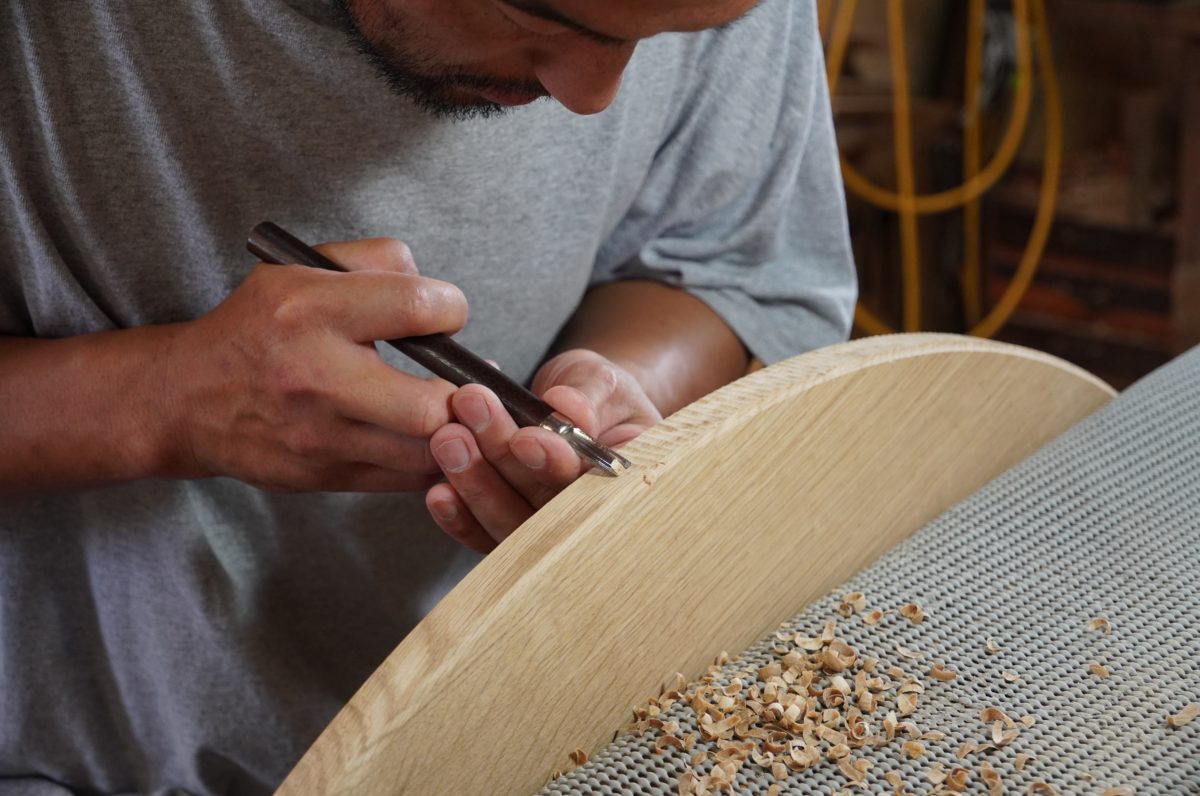
Yasunori Asakura makes authentic wooden products from Tottori wood, without any chemical finishes, and using as few nails as possible. Their goal is to create products that are pleasant to use. Amongst all the tableware in your kitchen cupboard, Asakura makes pieces you naturally choose to use again and again. This work was meant to become a part of your daily life.
Oguraya
Traditional toy/Iwami Town, Iwami County, Tottori Prefecture
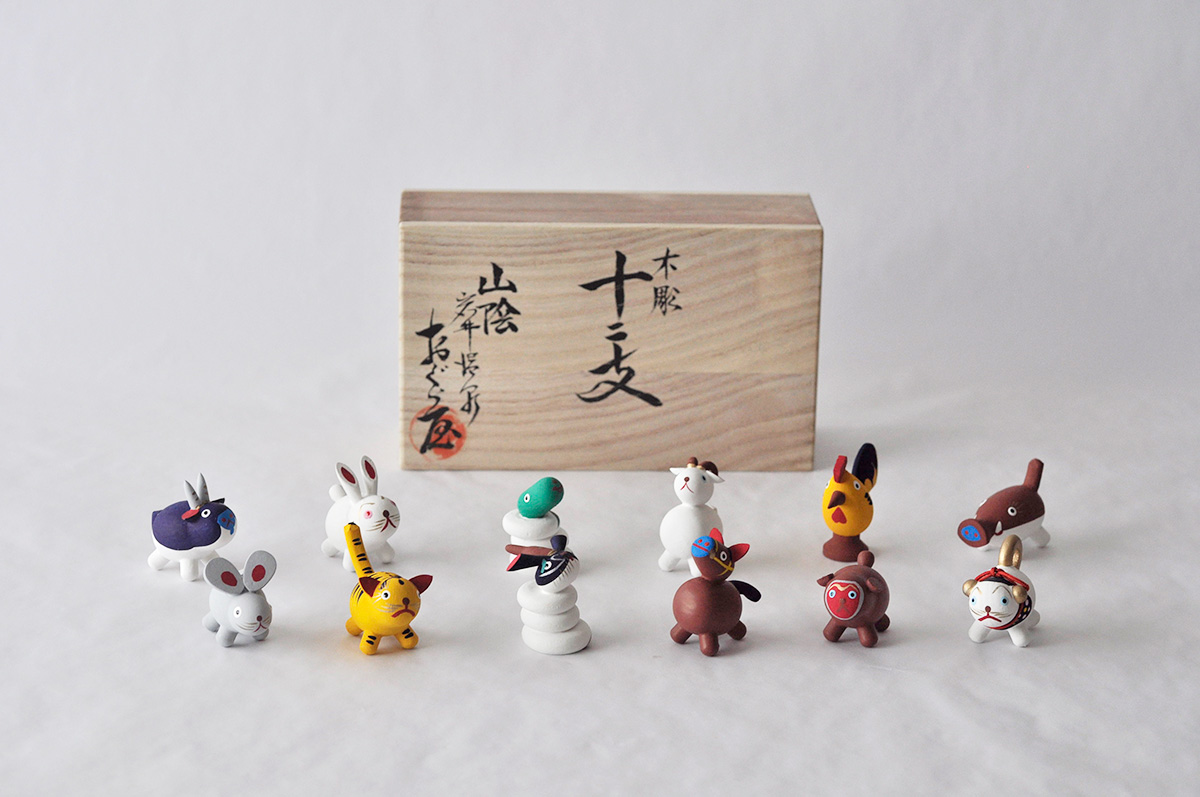
Ogura-ya is located in a corner of the hot spring resort of Iwai Hot Springs, the oldest in the Inaba region.
About 200 years ago, Sahei Ogura, a woodcrafter, started making mincings, and the eighth generation of the Ogura family, following in his footsteps, added original designs and techniques to the traditional mincings to create the twelve signs of the Chinese zodiac. The dolls are made entirely of minced wood and colored with mud paint.
Tottori Knife Forge
Blacksmith/Chizu Town, Yazu-gun, Tottori Prefecture
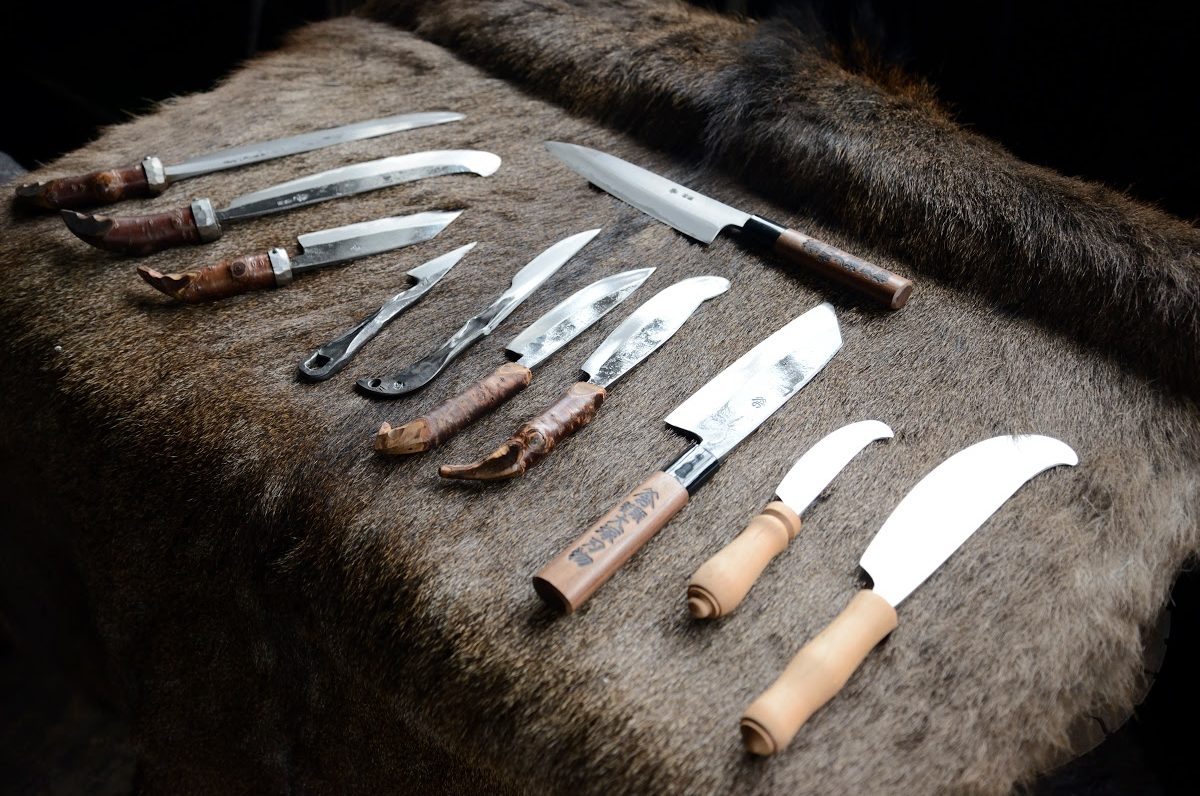
The core steel is made from rare and hard-to-find domestic iron sand, and Yasugi steel, made by tatara iron making, is hand-hammered between the base metal and forged into kitchen knives. There are only about 50 craftsmen in Japan who can make forged kitchen knives. The knives made by Tottori Knife Forge in Chizu-cho, Tottori Prefecture, boast a sharpness rarely seen in other kitchen knives. The wave pattern on the surface of the blade represents the rough waves of the Sea of Japan.
Orimonya
Dyed fabrics/Yonago City, Tottori Prefecture

Orimonya is a job center for people with disabilities in Yonago City, Tottori Prefecture.
We make original textiles mainly from hand-spun cotton. Not only do we hand-spin cotton, but we also grow it. We hope to bring full circle the process of growing, spinning, and weaving cotton.
Considering each person’s unique abilities and the simple to complex tasks involved, we match people to the work that suits them. We aim to create an environment where each textile is birthed out of cooperation and inclusiveness.
Yanagiya reproduct
Traditional toy/Tottori Prefecture
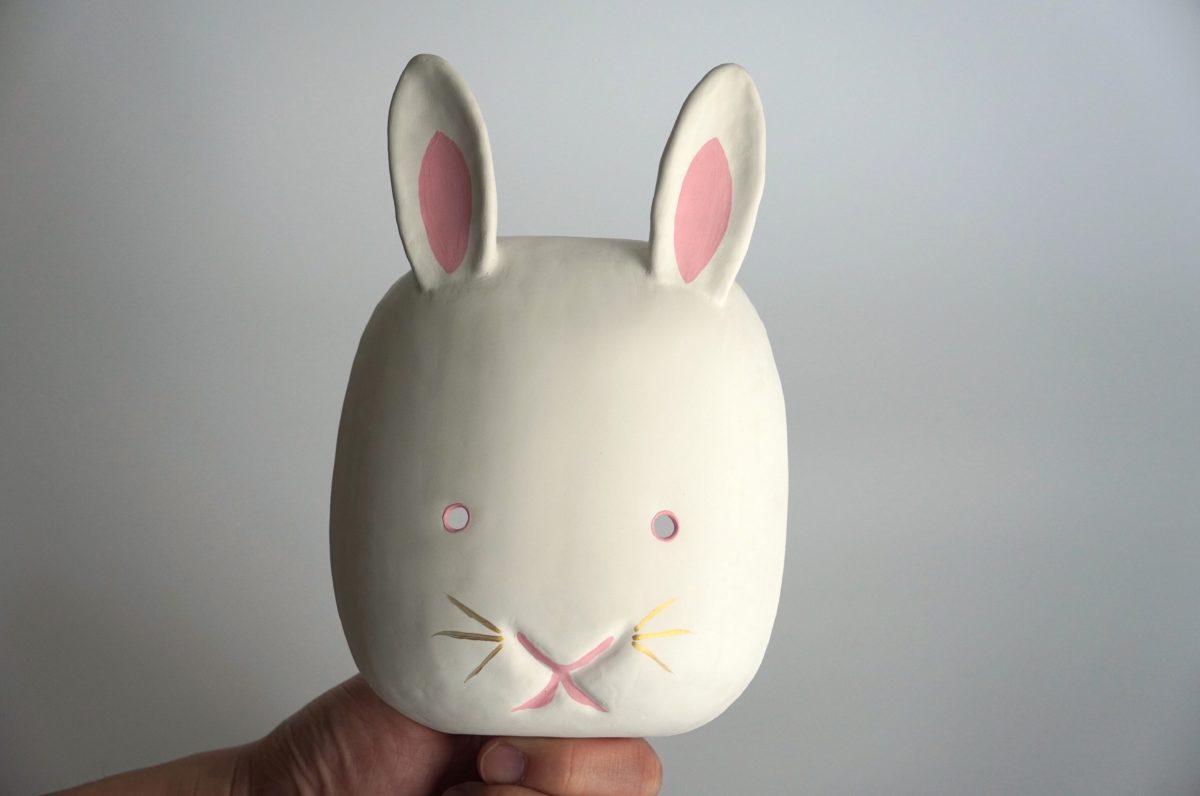
Yanagiya was a local toy workshop in Tottori City, Tottori Prefecture. They made folk toys for 86 years, from 1928 to 2014. “Yanagiya” comes from the proverb, “Willow trees never break in the snow.” Tatsunosuke Tanaka, the founder of Yanagiya, created toys based on the history and legends of the Inaba region. He also devoted himself to restoring toys that had fallen into disuse. For many years, he researched and created toys with his wife, Toshiko. Yanagiya was passed on to their daughter and her husband. Yanagiya’s work fully embodied the meaning of the company name. They created over 50 toys, including Japanese paper mache masks, clay figures, and wooden toys.
In 2020, a new group of creators known as YANAGIYA REPRODUCT formed. They devoted themselves to learning the techniques of Kinji and Miyako Tanaka and to the reproduction of Yanagiya folk toys.
Fukumitsu Kiln
Pottery/Kurayoshi City, Tottori Prefecture
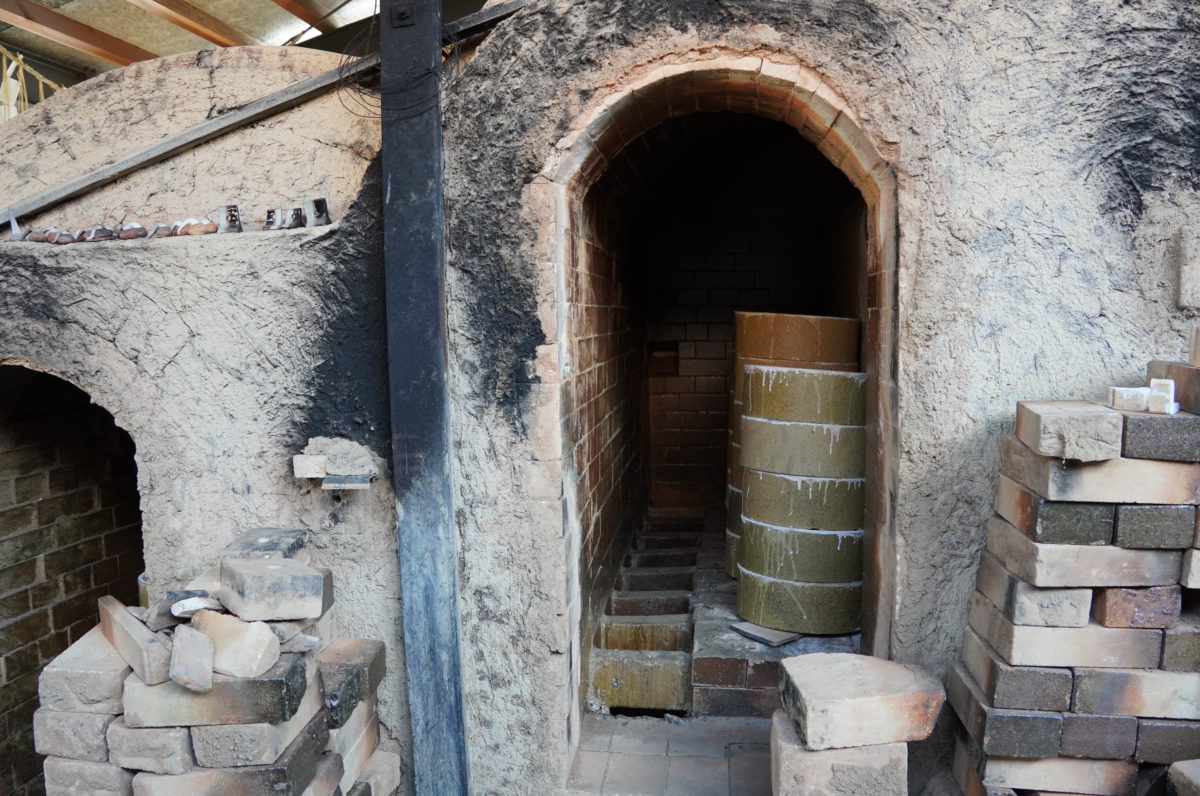
I’m a craftsman. I entered this field because I love to make things. The process from mizuhiki to firing with a kicking potter’s wheel is very hard work. color, balance, usability, and so on. I feel it every time I leave the kiln.
There are so many things we receive from the climbing kiln. Once I fire up the kiln, I cannot leave it even for a moment. Once the kiln is fired up, I cannot leave it even for a moment and throw wood into it as if the kiln is telling me what to do. Until the work is I am always thinking about how to pull it up, where to stop it, and how to expand it. This is always on my mind.
Once the clay is fired Once the clay is fired, it takes a long time for it to return to the soil. It is important not to waste the clay. It is our way of saying thank you to those who let us use the clay.
To finish the clay from the beginning to the end is my thought for the “children”. It is my desire for my “children. I hope that the vessels I bake up will be useful for your peaceful life. I will continue to work hard at my pottery, hoping that the vessels I will be firing will be of use to your peaceful life. Kenji Kawamoto , Kei Kawamoto
Hakota Doll Workshop
Traditional toy/Kurayoshi City, Tottori Prefecture
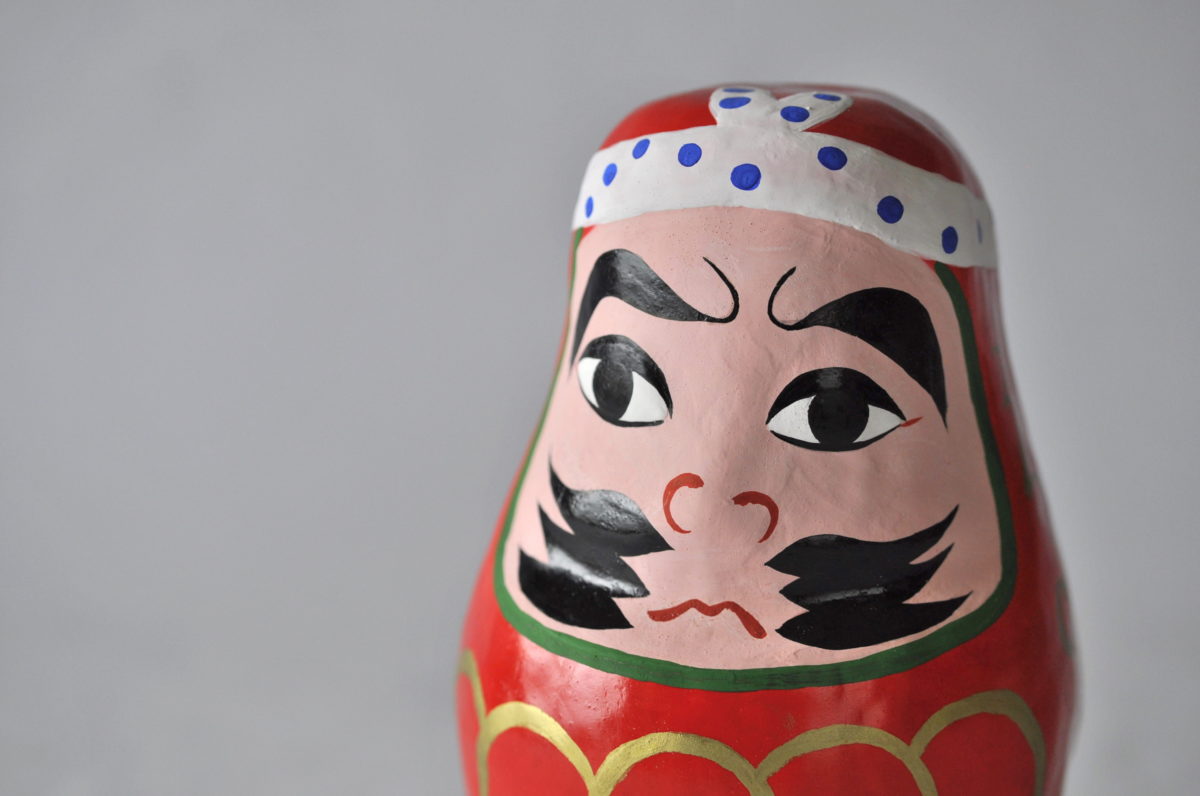
Bingo-ya is a toy workshop in Kurayoshi City, Tottori Prefecture, that has been operating for over 200 years. Founded in the late Edo period, the company has made toys since 1781.
The area around the workshop used to be bustling with many merchant families who used paper to keep books and write letters. It is said that Bingo-ya reused that paper to make hariko papier-mâché toys for children.
Hariko is a Japanese papier-mâché craft. To make hariko, paper is stretched over a wooden mold, the paper-mâché is removed from the wooden mold, the base is coated with gofun (white paint made from crushed shells), the paper is colored with Japanese paints, and finally, the paper is glazed with glue.
Shinobu Craft Shop
Traditional toy/Tottori City, Tottori Prefecture
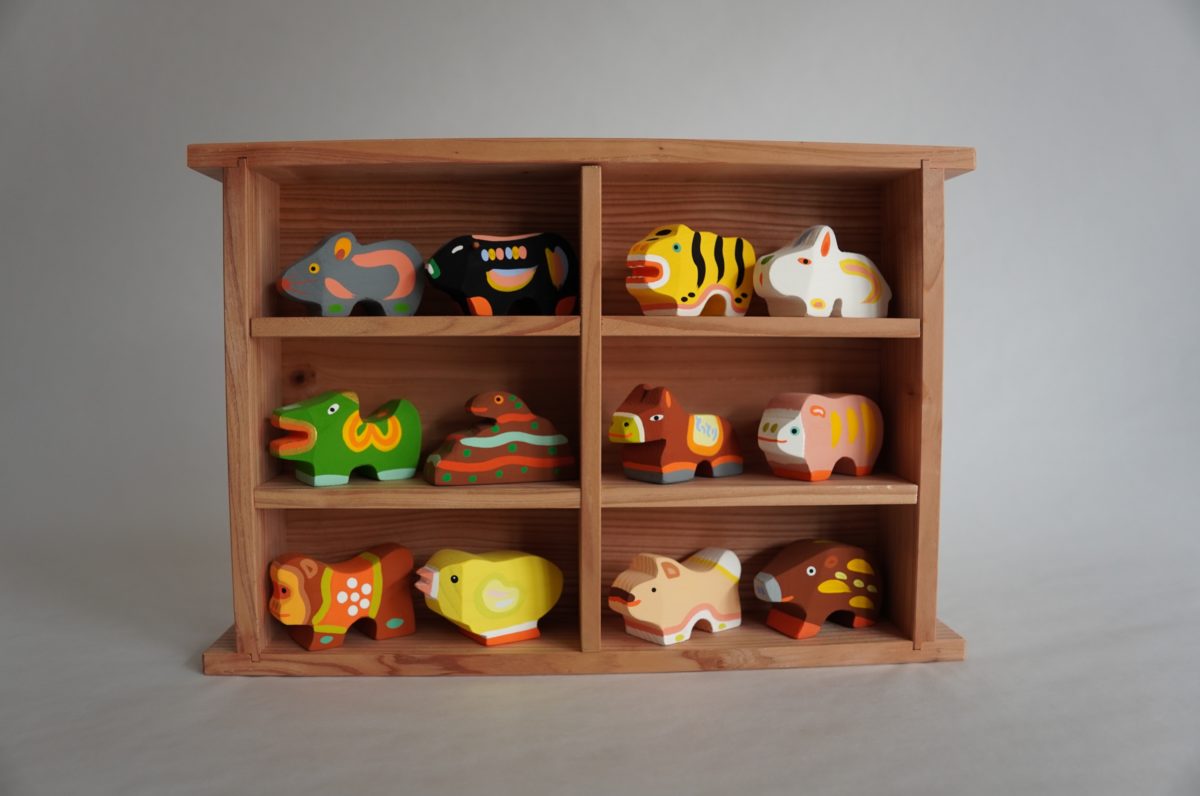
Shinobu Kogeiten was founded in 1946 by Noriyasu Shinobu, who came from a long line of carpentry joiners, and applied his skills to wooden crafts and folk toys.
His son, Kentaro, now runs the studio, incorporating the traditions of his father with modern painting techniques to produce charming, handmade, regional folk toys.
Wooden chair JUN
Woodworking furniture/Misasa Town, Tohaku County, Tottori Prefecture
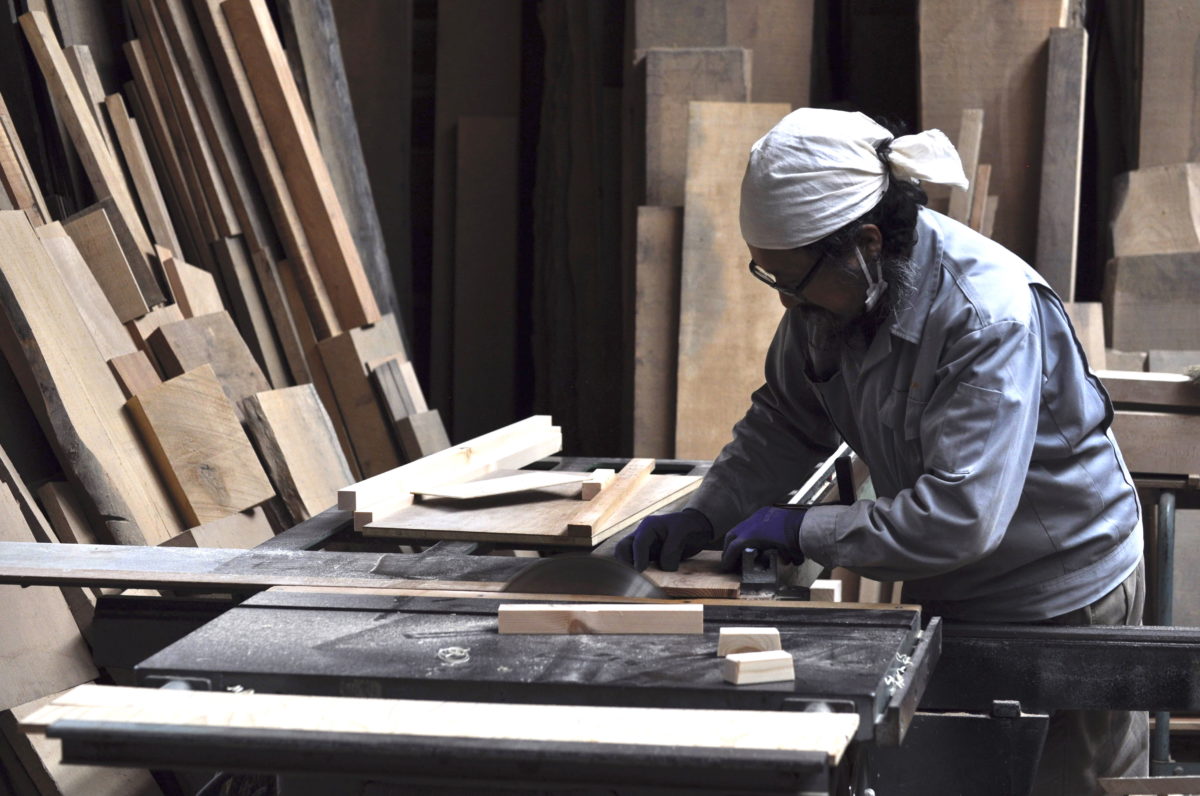
Fujimoto was born in Tottori Prefecture, Misasa Town in 1964.
He studied art at the Nara University of Education. While a student, he became interested in woodworking. Completely unrelated to his art studies, he put his effort into making things: wooden speakers, a ping pong table, a portable cart, a skateboard, and so on. After working at a chair prototype company, furniture became his life work.
In 1998, while living in Nara City, Nara Prefecture (Tawara region), he began working as a carpenter. In 2013, he returned to his hometown of Misasa. There, he opened a workshop and started making wooden furniture again. The return home made him reflect on the idea of furniture as tools for daily living. With that thought, he began making simple, practical chairs and tables with conifer wood.
His new line of work debuted at COCOROSTORE, including a series of rustic but rationally constructed chairs that look like they would be found in a barn.
Kousakusya
Woodworking furniture/Tottori City, Tottori Prefecture

Kosakusha is a furniture workshop run by Akira Honma.
The company produces furniture, shop interiors and graphic design using Tottori wood as its main material.
details|https://www.kousaku-sha.com/
Kokuzou Kiln
Pottery/Kurayoshi City, Tottori Prefecture
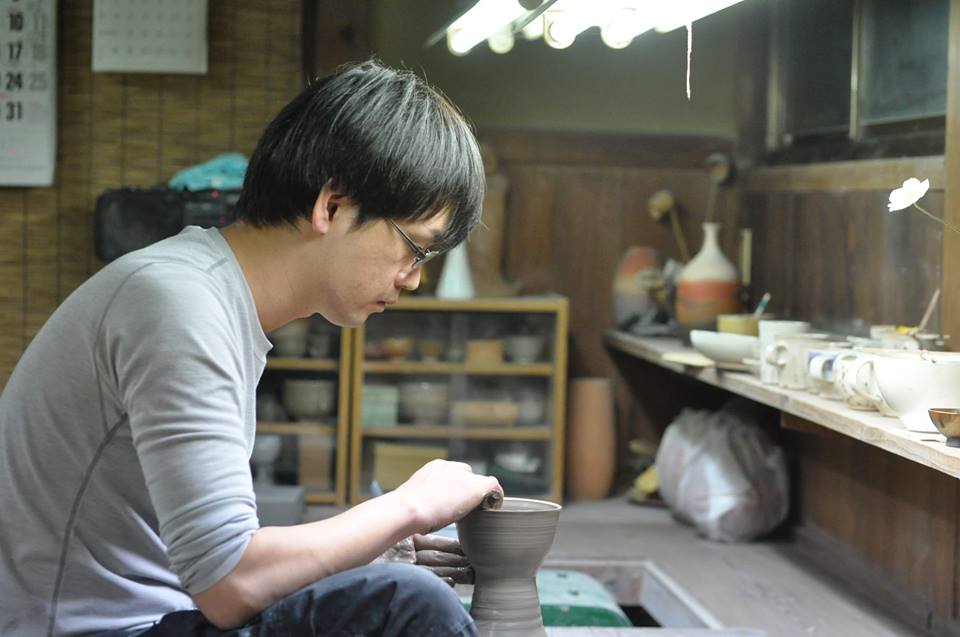
During the Meiji era, Yamamoto’s grandparents realized the high quality of pottery clay in the Funioka and Kazuwa areas of Kurayoshi City. With this in mind, they moved to the area and established their pottery business in 1983. Near Funioka, there is a historical mound from the former Hoki Province called “Kokuzou-san.” Inspired by the site, Shuji founded Kokuzou Pottery in 1975.
Gazing upon Mount Daisen every morning and evening, living with the same clay as his grandparents, completely wrapped up in the joy of pottery making, well-loved by those around him, Yamamoto fully embraces his nickname “Kokozou-san.”